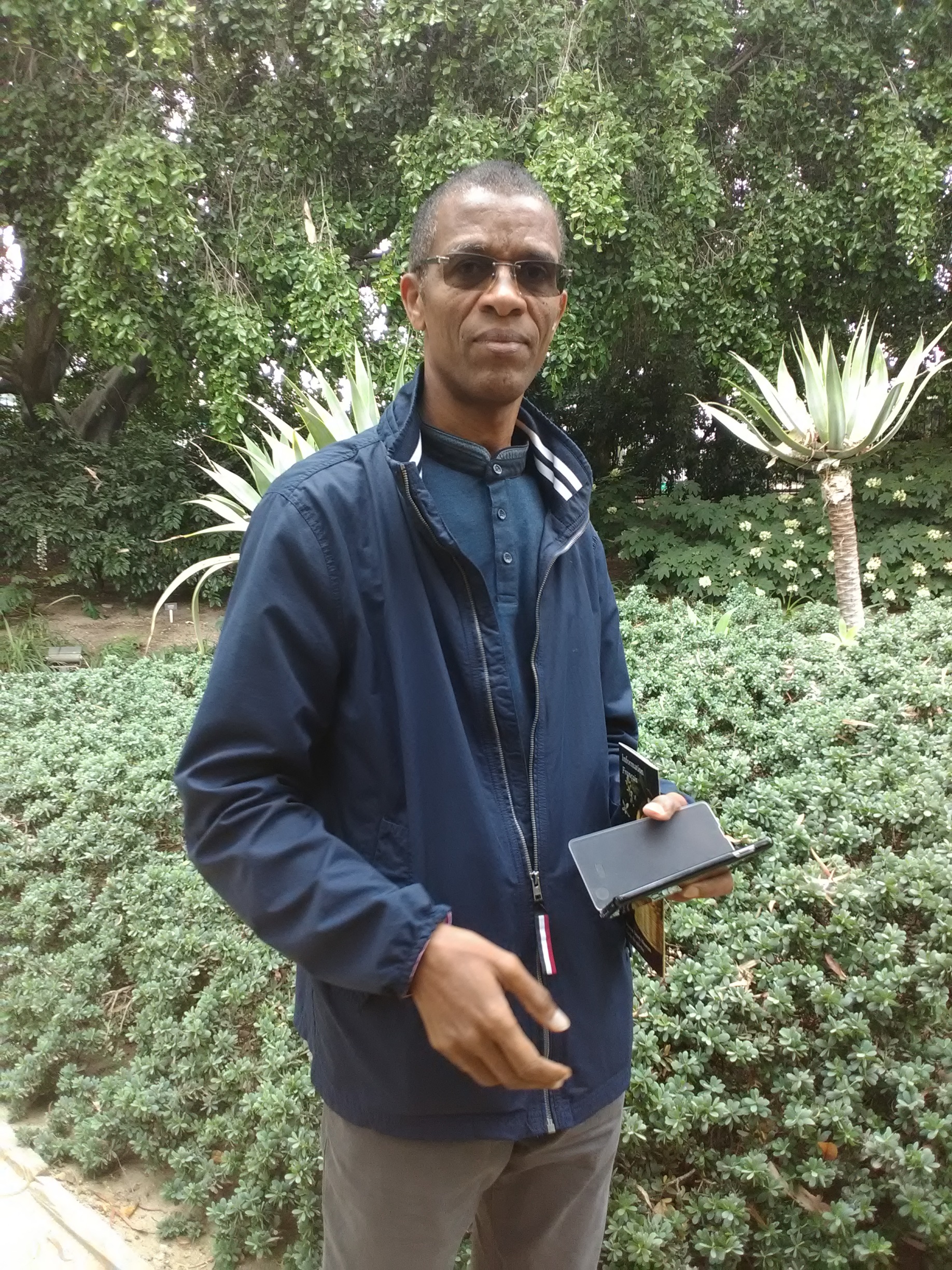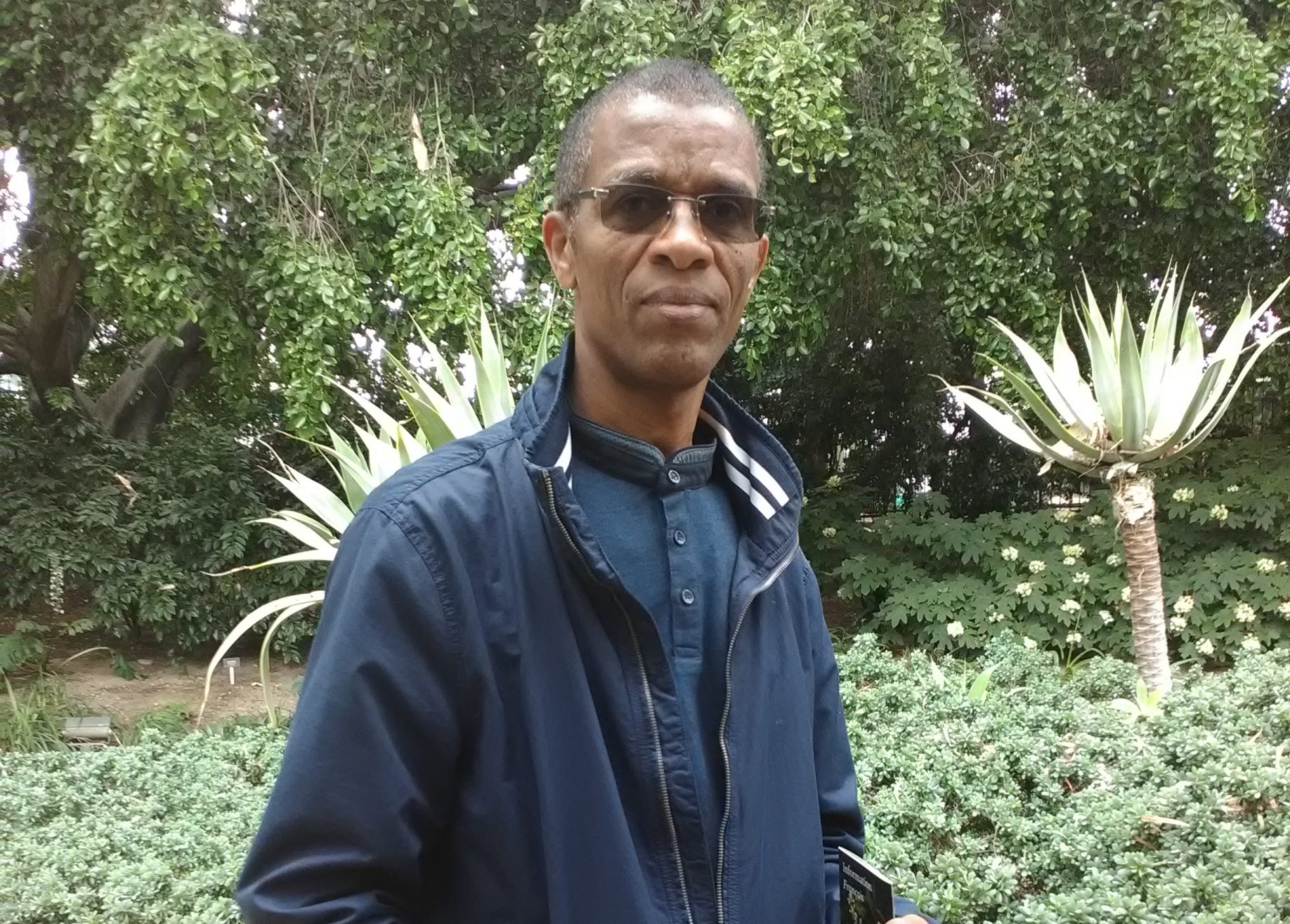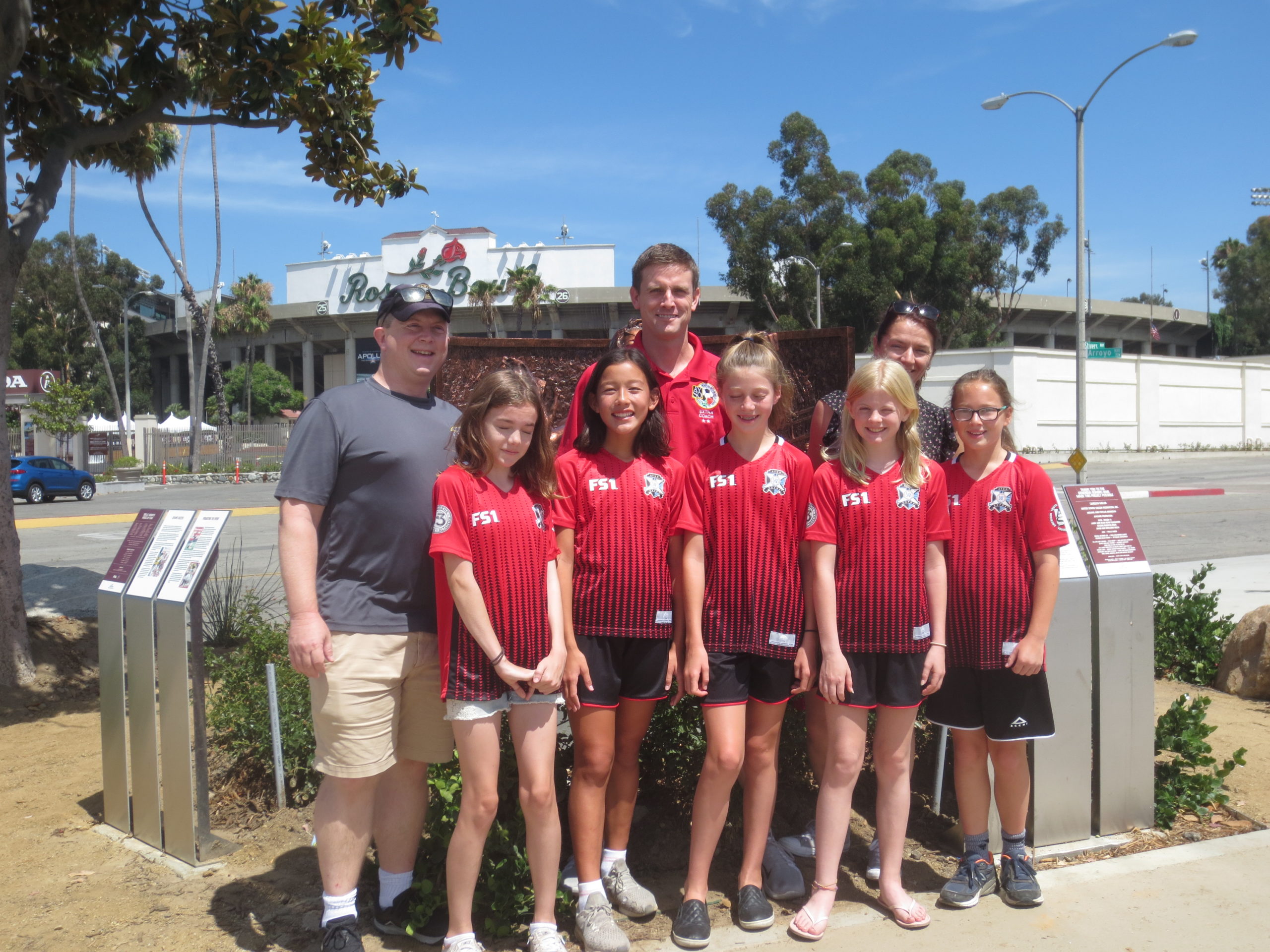
By Alicia Dhanifu
With City Council approval, Pasadena added a new page to its history of “firsts.” On Aug. 27, 2018, Dakar-Plateau, Republic of Senegal became Pasadena’s first African Sister City.
During colonization, Senegal lost its independence, but regained sovereignty on April 4, 1960. Dakar is the capital and largest city in Senegal. It is approximately the size of South Dakota.
Islam and other religions are practiced. The population is approximately 36,000. French is the dominant language. “Youth comprise 46 percent of the population. They focus on jobs, education, ecology, and social media,” declared Honorary Consul Mame Toucouleur MBaye, of the Republic of Senegal, Los Angeles, and sister-in-law of Esteemed Chief of Staff Ousmane Diop, also a member of the Esteemed Delegation that visited Pasadena in June.
Women’s Roles today
Honorary Cosul MBaye says women’s roles are traditional, but they are free to work. “Women are enterprising, often running their own businesses: even women who are not educated.” Amy Diagne, an esteemed delegate, agreed, “Women are employed in different industries. They have many opportunities to enjoy themselves. Women are single because they are looking for somebody right for them. Compared to our parents, Senegalese have much less children now.”
Where Did The Sister City Concept Come From?
The concept of “Twin Cities” originated in Europe in 1946 after the devastation of World War II. In 1948, Pasadena’s branch of the American Friends Service Committee “partnered” with Ludwigshafen, Germany. In 1956, President Dwight Eisenhower held a White House conference on citizen diplomacy, which led to the development of Sister Cities International (SCI). Pasadena formally established its Sister City Chapter in 1960. Today, there are approximately 87 committee and various sub-committee members working together in Pasadena.
The Journey from Pasadena to Dakar-Plateau
Councilmember John J. Kennedy noted, “About 20 years ago, Gary Moody and others wanted an African Sister City.” They preferred an English speaking city and democratic system. Boualem Bousseloub, Algerian, and appointed Chair of the Dakar-Plateau Sub-Committee Africa, invited Honorary Consul, MBaye to a Sister City meeting. “I asked him to consider Senegal, because it is the port-of-entry for all of West Africa.” It boasts Blaise Diagne International Airport that opened in 2017, as well. Her request was considered by the committee, so she was issued a Letter of Intent to present to His Excellency Alione Ndoye, mayor of Dakar-Plateau. Pleased, he invited four members of the Committee on Africa, Councilmember John J. Kennedy, and Honorary Consul MBaye to a fact-finding mission and royal tour of Dakar-Plateau. At last, Pasadena had found its Sister City!
The Journey from Dakar-Plateau to Pasadena: Let the Celebration Begin!
Community Program Highlights
- June 13: The Esteemed Senegalese Sister City Delegation (of eight) arrived in Los Angeles for a private dinner.
- June14: They rested. Sub-Committee member, Doctor Roseline Dauphin, was the primary French and English translator for both cities:
- June 15: Pasadena Community events began with an honorary luncheon at Fleming’s Restaurant. The delegation and public were greeted by resounding rhythms played by young drummers while meeting guests. Councilmember John J. Kennedy stresses the importance of equality between cities and nations.
- June 16: The delegation attended a breakfast and Father’s Day Service at Friendship Church Pasadena presented by their outstanding Music Ministry.
- June 17: Honorable Mayors Terry Tornek and Alioune Ndoye, signed an Agreement of Cooperation in Pasadena’s City Council Chambers. Mayor Alioune declared, “I have great expectations to strengthen cooperation between Senegal and the United States. Councilmember John J. Kennedy happily concurred.
- June 18: The delegation visited JPL and a Community Reception in the City Hall Rotunda. I asked Alioune Ndoye what both cities can exchange. He replied, “We can exchange trade, culture, and education. I also asked what Dakar-Plateau’s main export is. “Petroleum,” he said assuredly.
- June 19: The delegation surveyed prominent facilities on Science Day such as JPL and Caltech. That afternoon, the City Hall Rotunda where Riea Owens, curator at Alkebulan, presented a print to Mayor Alioune Ndoye and delegates that she and Alfred Haymond developed.
- June 20: A museum and garden reception was held at Alkebulan Cultural Center.
- June 21: An elegant, lively gala took place at the new Jackie Robinson Center.
- June 22: The delegation and Mayor Alioune Ndoye departed Los Angeles.
Mayor Terry Tornek, Sister City Committee members, Sub-Committee members and staff, and community volunteers could not have done a more excellent job in welcoming the Greater Pasadena Community and Mayor of Dakar-Plateau, His Excellency Alioune Ndoye and the Esteemed Delegation to Pasadena in style and joyous celebration. The spirit of peace prevailed and the entire community was invited to visit Dakar-Plateau. In the words of Mayor Alioune Ndoye, “Long Live Pasadena! Long live Dakar-Plateau!”







